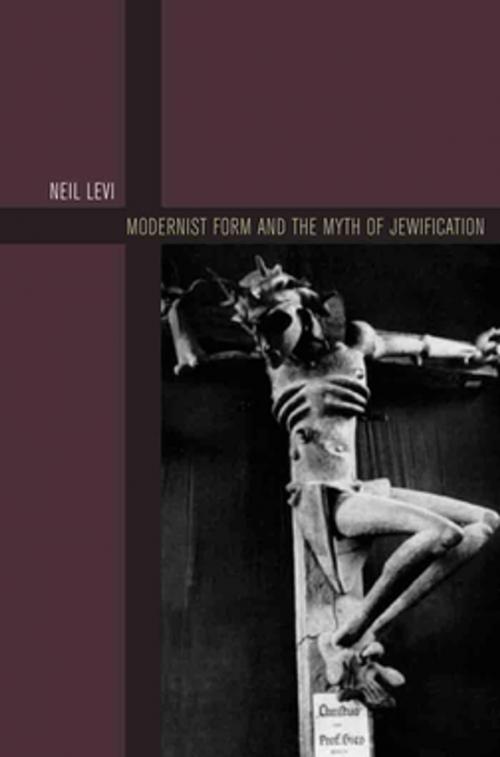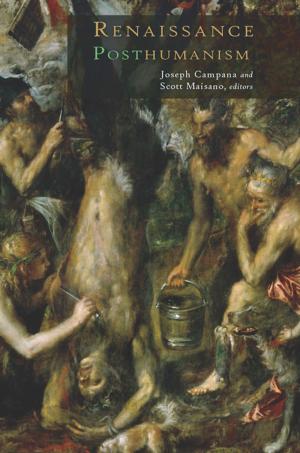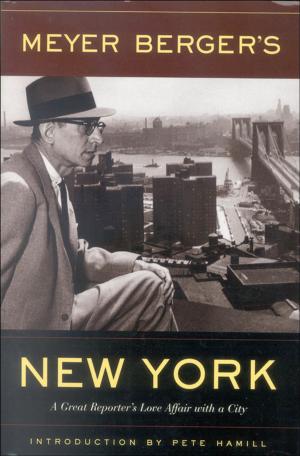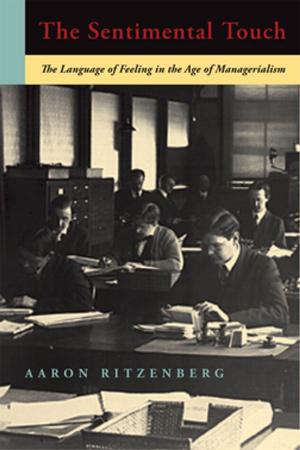Modernist Form and the Myth of Jewification
Fiction & Literature, Literary Theory & Criticism, European, German, Nonfiction, Religion & Spirituality, Philosophy, Aesthetics, Judaism, History| Author: | Neil Levi | ISBN: | 9780823255078 |
| Publisher: | Fordham University Press | Publication: | November 1, 2013 |
| Imprint: | Fordham University Press | Language: | English |
| Author: | Neil Levi |
| ISBN: | 9780823255078 |
| Publisher: | Fordham University Press |
| Publication: | November 1, 2013 |
| Imprint: | Fordham University Press |
| Language: | English |
Why were modernist works of art, literature, and music that were neither by nor about Jews nevertheless interpreted as Jewish? In this book, Neil Levi explores how the antisemitic fantasy of a mobile, dangerous, contagious Jewish spirit unfolds in the antimodernist polemics of Richard Wagner, Max Nordau, Wyndham Lewis, and Louis-Ferdinand Celine, reaching its apotheosis in the notorious 1937 Nazi exhibition “Degenerate Art.” Levi then turns to James Joyce, Theodor W. Adorno, and Samuel Beckett, offering radical new interpretations of these modernist authors to show how each presents his own poetics as a self-conscious departure from the modern antisemitic imaginary.
Levi claims that, just as antisemites once feared their own contamination by a mobile, polluting Jewish spirit, so too much of postwar thought remains governed by the fear that it might be contaminated by the spirit of antisemitism. Thus he argues for the need to confront and work through our own fantasies and projections—not only about the figure of the Jew but also about that of the antisemite.
Why were modernist works of art, literature, and music that were neither by nor about Jews nevertheless interpreted as Jewish? In this book, Neil Levi explores how the antisemitic fantasy of a mobile, dangerous, contagious Jewish spirit unfolds in the antimodernist polemics of Richard Wagner, Max Nordau, Wyndham Lewis, and Louis-Ferdinand Celine, reaching its apotheosis in the notorious 1937 Nazi exhibition “Degenerate Art.” Levi then turns to James Joyce, Theodor W. Adorno, and Samuel Beckett, offering radical new interpretations of these modernist authors to show how each presents his own poetics as a self-conscious departure from the modern antisemitic imaginary.
Levi claims that, just as antisemites once feared their own contamination by a mobile, polluting Jewish spirit, so too much of postwar thought remains governed by the fear that it might be contaminated by the spirit of antisemitism. Thus he argues for the need to confront and work through our own fantasies and projections—not only about the figure of the Jew but also about that of the antisemite.















